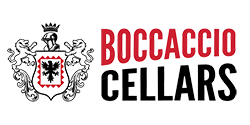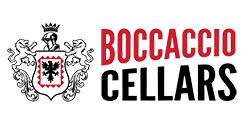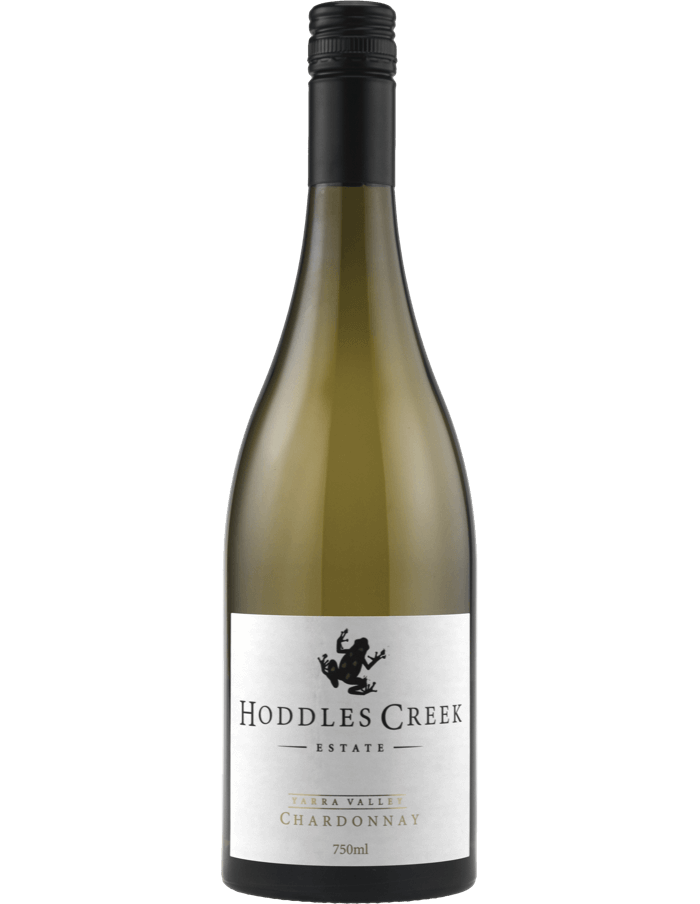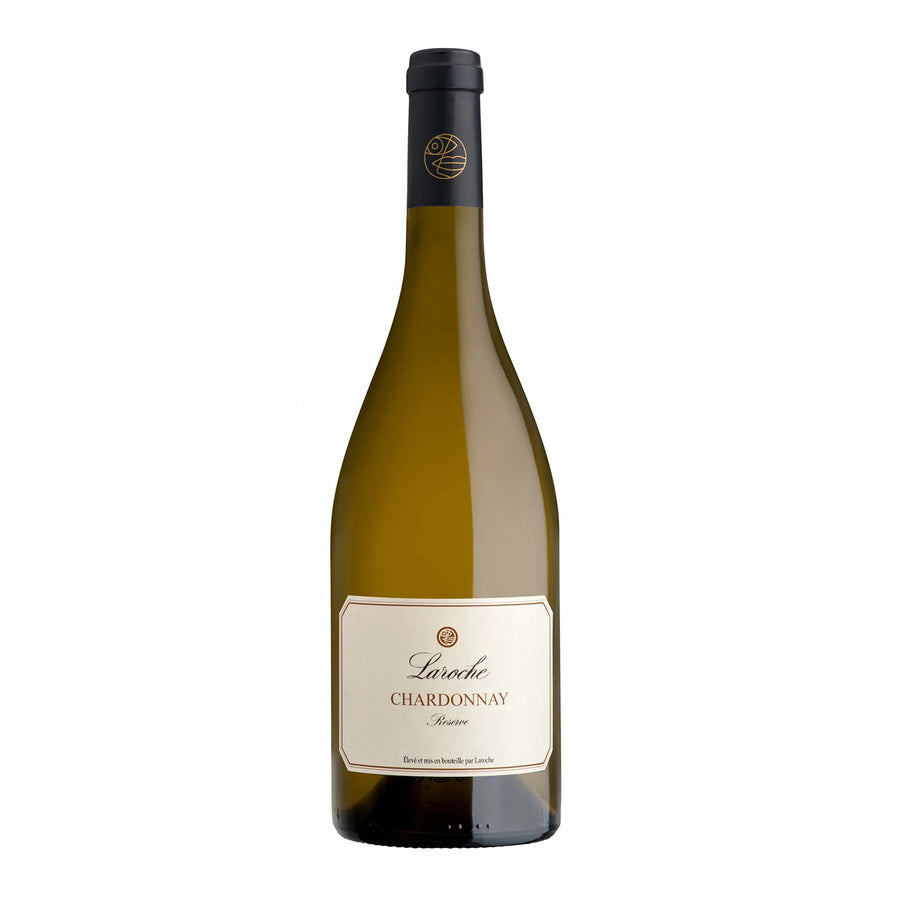Stonier is one of the original pioneers of the Mornington Peninsula, planted in 1978. It is family owned and run.
Fruit for the Stonier Chardonnay is grown on grower vineyard sites located on the Southern side of the Mornington Peninsula, which is farmed exclusively by our in house viticulture team.
By farming vineyard in and around our home estate in Merricks, we ensure that the thread of cool, coastal Chardonnay runs consistent through the wine.
The 2022 season was influenced by unsettled weather the previous spring resulting in smaller crops. Mild weather and a very dry February ensured that fruit ripened evenly and the grapes were in great condition for harvest.
Fruit was hand-harvested during the month of March, chilled overnight before being whole bunch pressed the next day. A long, slow pressing cycle ensure the white contains a structure that mirrors perfectly with food. The juice was transferred to 500 L French oak puncheons (10% of which were new) the following day with only heavy lees left behind. The wine was then fermented with a combination of native and cultured yeasts before a partial malolactic fermentation incurred during the winter.
The wine was blended January of 2023 before being bottled in April the same year. This salivating, mineral style Chardonnay will continue to evolve and drink best for the next 5 years.
Boccaccio Cellars offers real time shipping rates at checkout. These are heavily subsidised rates directly from Australia Post and will vary depending on your postcode.
Unfortunately, due to the ever increasing costs of postage we are unable to offer free shipping any longer. Postal increases have seen the average box of wine range from $30-$60, which can represent up to 500% of the cost of the average bottle of wine.
Your postal costs are calculated on the following factors:
- Where in Australia you are shipping to (Where rural postcodes obviously attract a higher charge)
- What in Australia you are shipping (Beer and water for example, are calculated in real time without any additional subsidy. This is because the margins for these products are minimal). Dry goods attract a discounted flat fee of $12 per carton (Calculated by gross weight).
Pickups on all items are encouraged.










